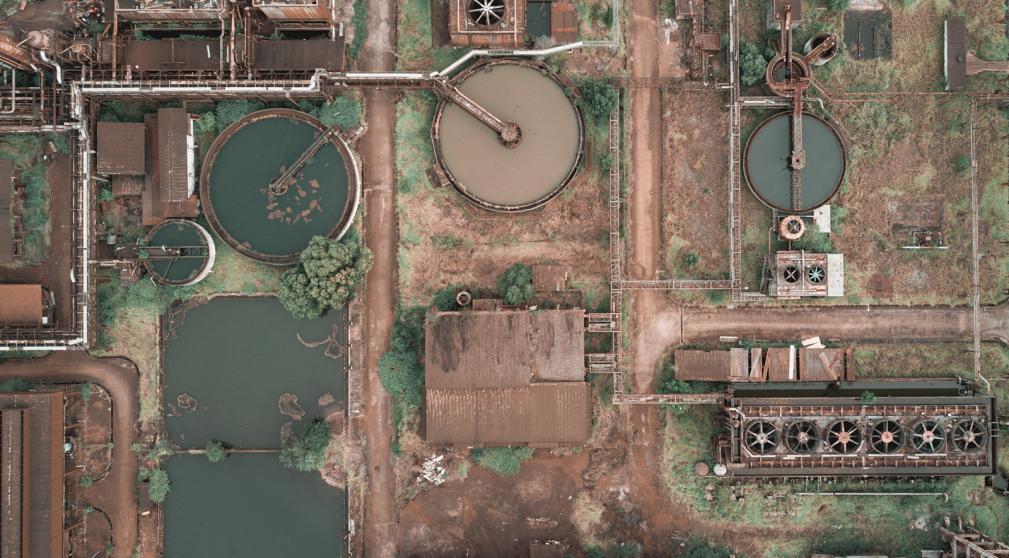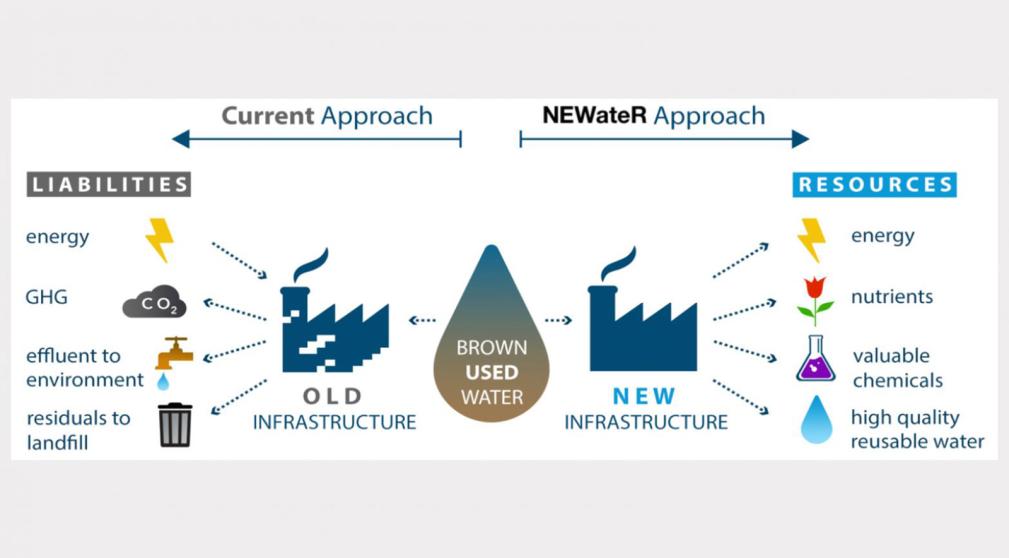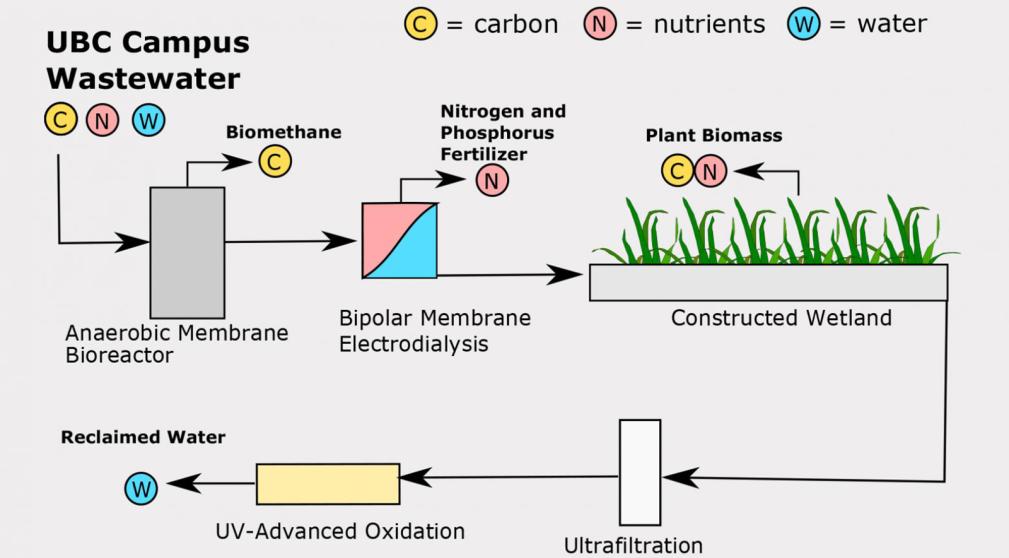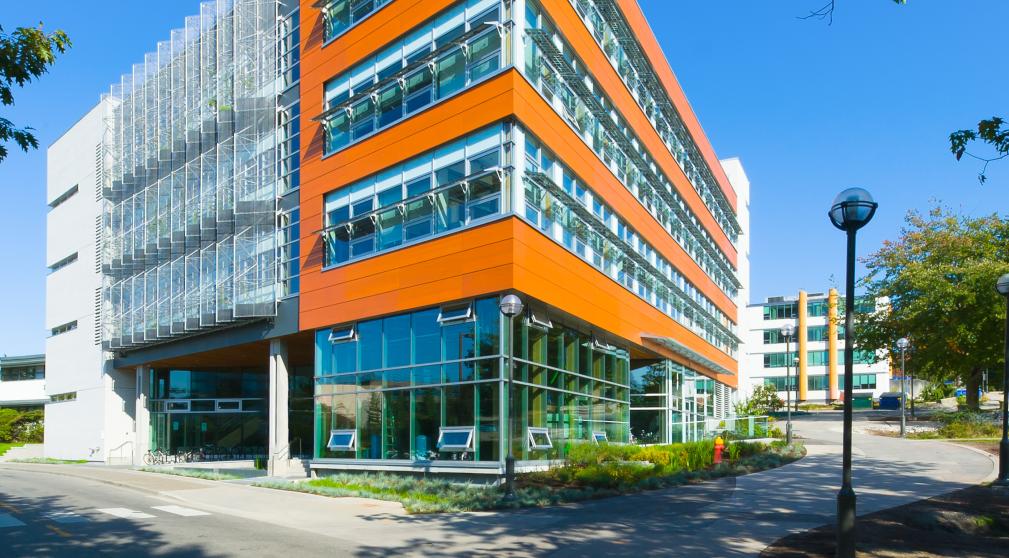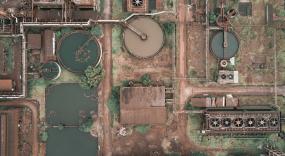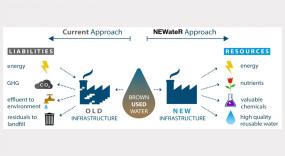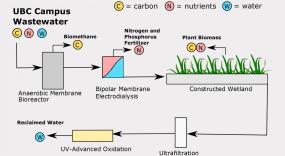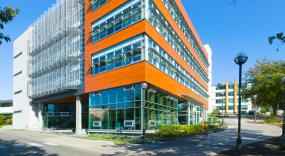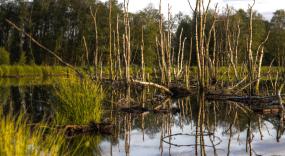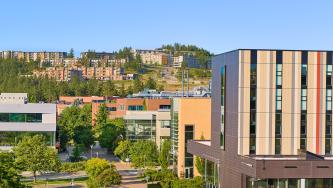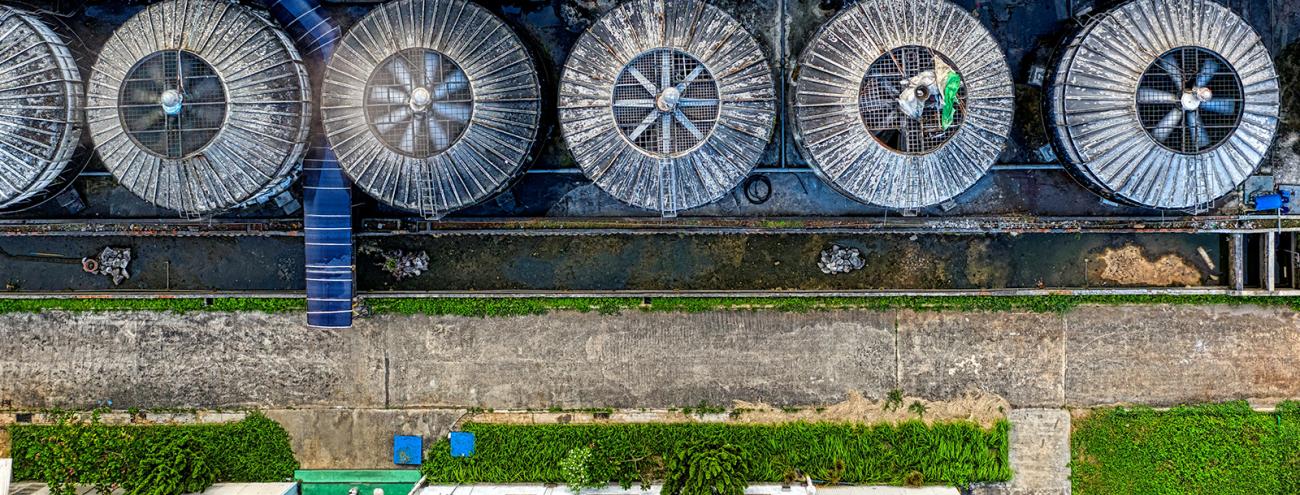
Nutrients, Energy, and Water Resource Recovery Research (NEWateR3) Facility
The NEWateR3 project will install a state-of-the art facility at UBC to advance the development of sustainable technologies that recover valuable products from wastewater, such as carbon, nutrients, and water.
Project team
Dr. Ryan Ziels, Assistant Professor, Civil Engineering
Jake Li, Green Infrastructure Engineer, Campus + Community Planning
Dr. Pierre Berube, Civil Engineering
Dr. Rachel Scholes, Civil Engineering
Dr. Sara Beck, Civil Engineering
Dr. Jongho Lee, Civil Engineering
Dr. Madjid Mohseni, Chemical and Biological Engineering
Wastewater contains valuable resources that could significantly contribute to the economic sustainability of treatment infrastructure as well as society as a whole.
Despite technological advances, current wastewater technologies remain economically and environmentally unsustainable. The treatment of wastewater and the disposal of biosolids generates approximately 7 megatons of greenhouse gases (GHG) per year in Canada alone. There is also increasing evidence that current treatment practices do not effectively protect human and environmental health via the discharge of micropollutants.
However, carbon and nutrients could be recovered from wastewater and waste biosolids to generate renewable resources such as bioenergy and fertilizers. In addition, high quality reclaimed water could be used in a number of non-potable applications, increasing the sustainability and resilience of local water supplies, especially in areas where climate change or industrial pollution is threatening these supplies.
NEWateR3 aims at enabling resource recovery in a holistic manner, developing new approaches to generate, extract and recover valuable gas, liquid and solid products from so-called ‘waste’ sources. In doing so, wastewater will be transformed into an economically and environmentally sustainable asset.
The NEWateR3 Facility, which will be housed within UBC’s Centre for Interactive Research on Sustainability, will serve as a modular pilot facility. Using existing building plumbing connections, it will harvest wastewater from the campus sewer network to test an innovative suite of resource recovery technologies and processes.
The knowledge and technologies developed through this Campus as a Living Lab project can play a vital role in Canada’s circular bioeconomy. Technologies piloted and tested at UBC could be developed and deployed in wastewater treatment facilities across Canada, especially in remote communities or ones facing water-insecurity, improving our wellbeing and resilience to climate change.
